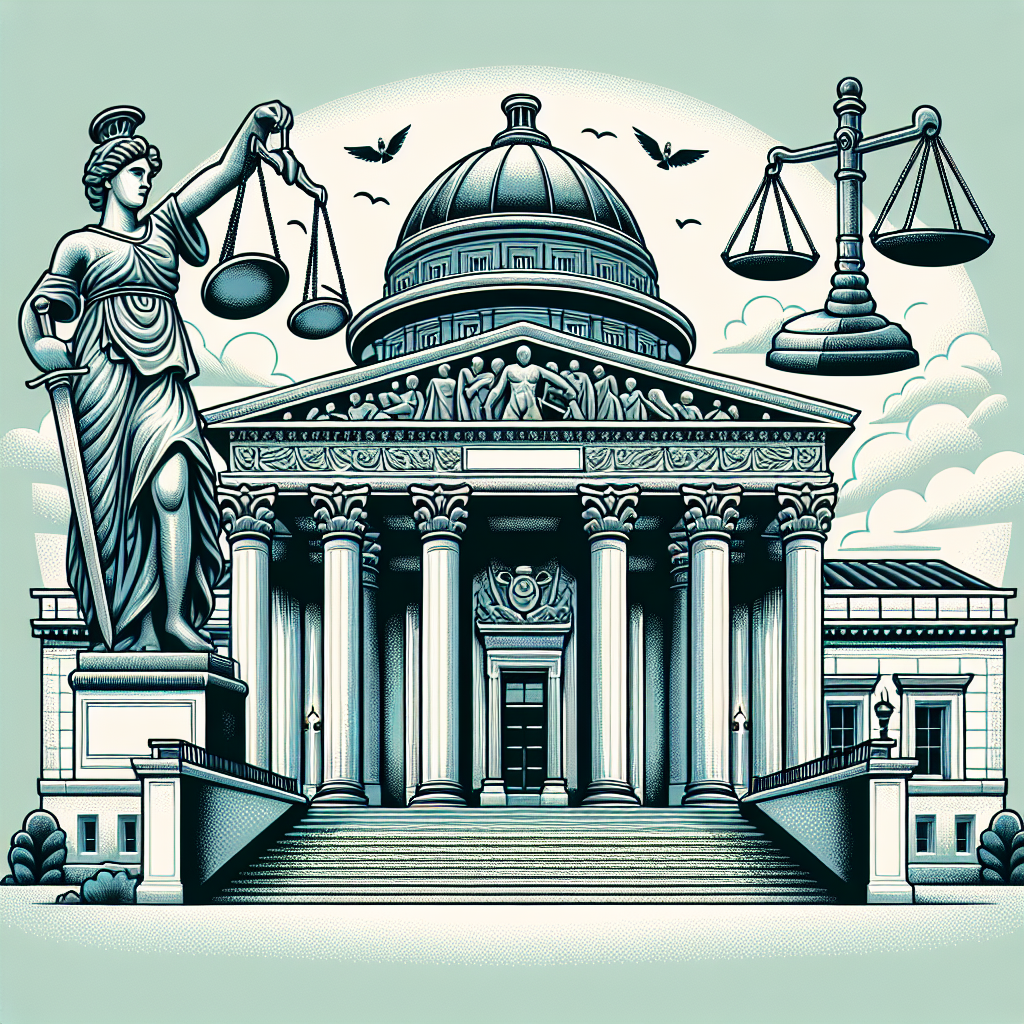The FCC's Controversial Funding Mechanism Under Supreme Court Scrutiny
The U.S. Supreme Court is reviewing the FCC's funding strategy for expanding phone and internet access to underserved communities. The case addresses a lower court's ruling that this funding is a 'misbegotten tax' by Congress, highlighting broader concerns over federal agency powers and the non-delegation doctrine.

The U.S. Supreme Court on Wednesday assessed the legality of the Federal Communications Commission's (FCC) mechanism for funding initiatives to improve phone and broadband internet access for low-income and rural Americans. This controversial funding strategy has been labeled a 'misbegotten tax' by a lower court, raising constitutional questions.
This case continues a series of challenges against the power of federal agencies. Several justices expressed reservations about the lower court's ruling that could disrupt funding models used by the Federal Reserve Board and the Federal Deposit Insurance Corporation. Notably, the Telecommunications Act of 1996 enables the FCC to fund these efforts via telecommunications company contributions.
The core legal issue revolves around the non-delegation doctrine, concerning Congress's delegation of constitutional powers to the FCC. The court is expected to deliver its judgment on whether the FCC unlawfully transferred power to a private company by June's end. The decision could set significant precedents for federal regulatory frameworks.
(With inputs from agencies.)










